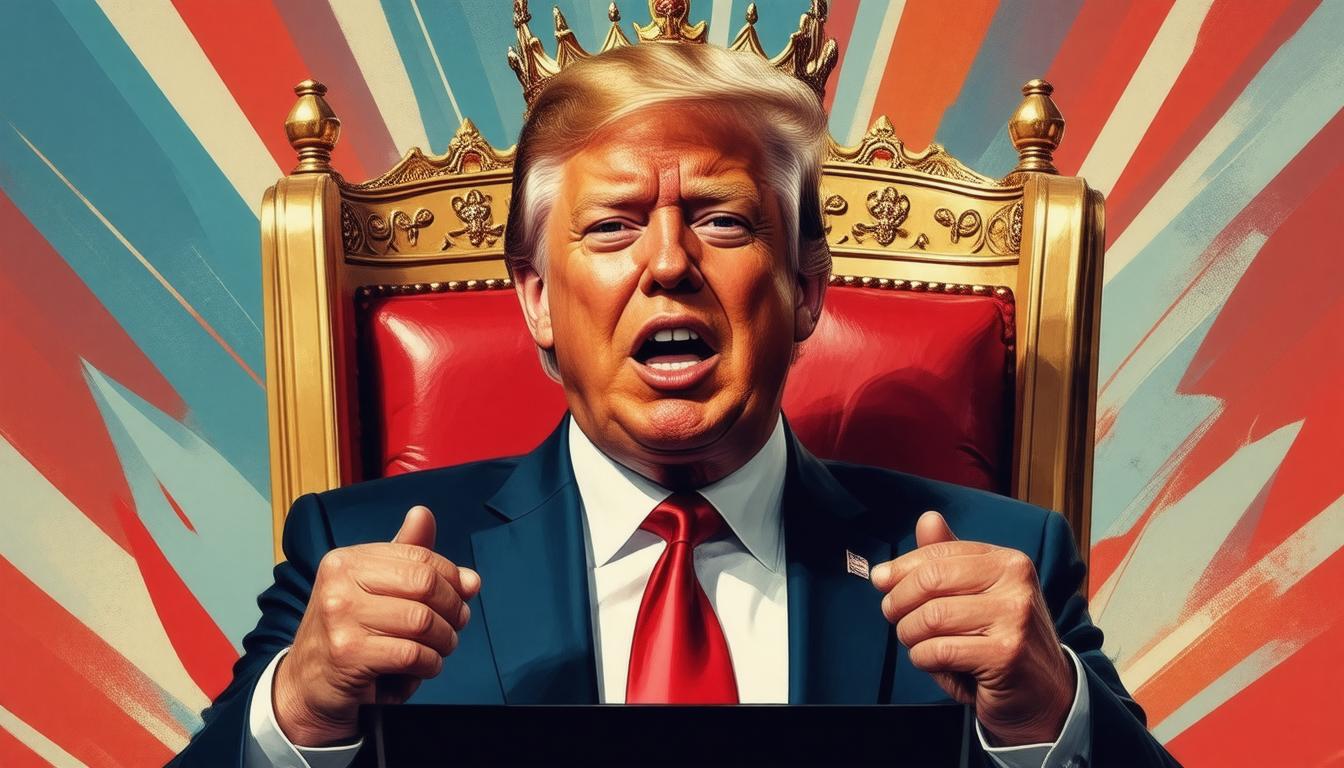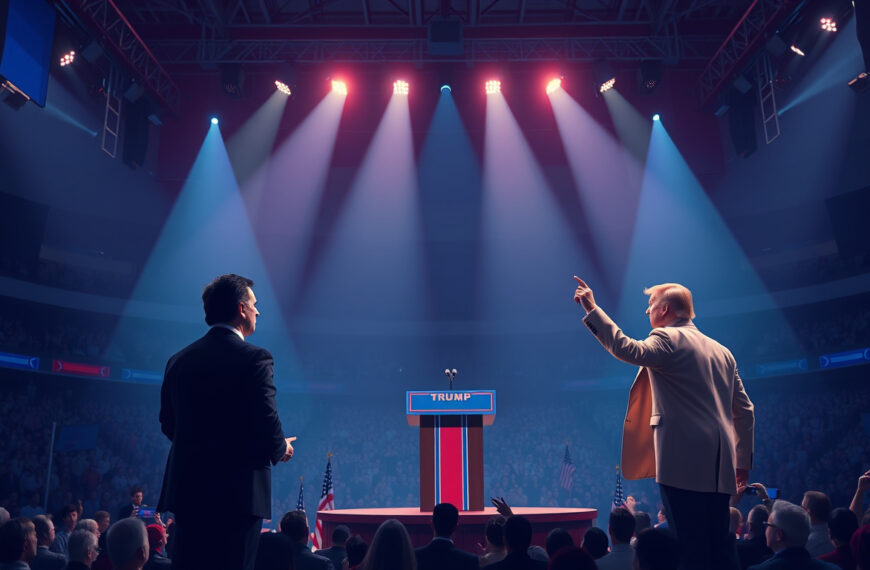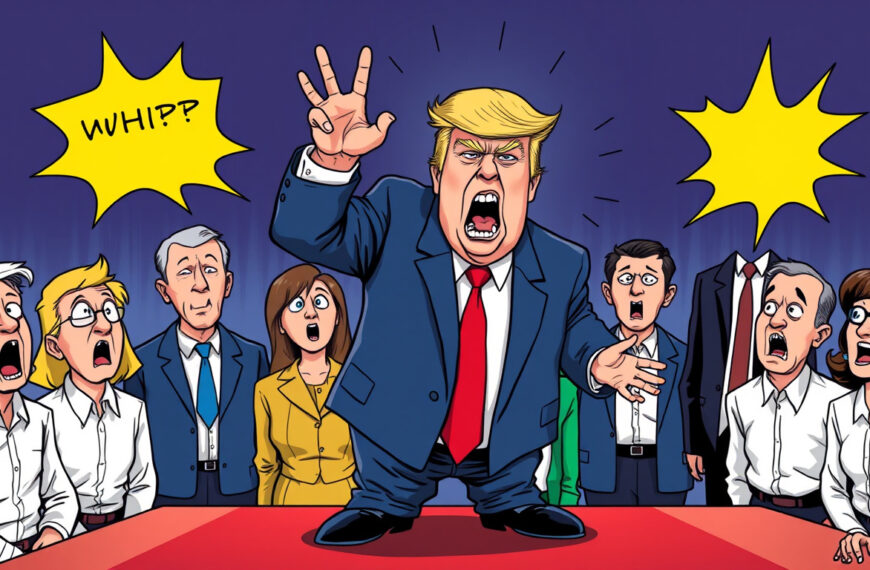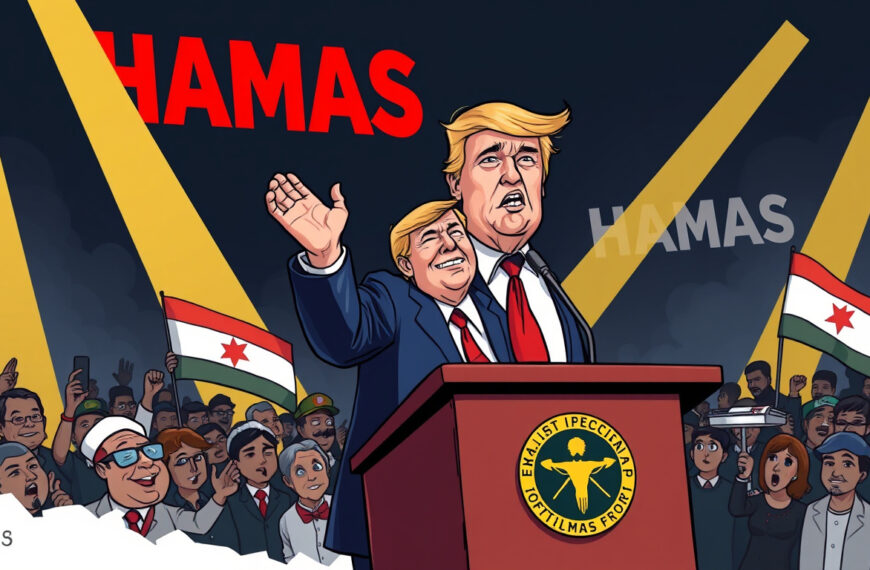Since Donald Trump took office, his administration has confronted a staggering number of legal challenges—over 70 lawsuits at the time of the discussion analyzed here. These lawsuits primarily focus on various executive orders and actions that have raised significant constitutional concerns. Eddie Glaude, a prominent scholar and commentator, delves into this phenomenon by examining Trumps’s approach and the implications for American governance.
The Concept of Executive Orders
An executive order is a directive issued by the President to manage the operations of the federal government. While these orders can carry substantial weight, they do not create law on their own. As Michelle Goodwin, a constitutional law expert, explains, many of Trump’s executive orders have lacked constitutional validity and have been met with swift legal responses. For instance, several courts have halted actions that were deemed unconstitutional, emphasizing that a signature does not equate to lawful authority.
The Aggressive Use of Executive Power
Glaude critiques Trump’s actions as emblematic of what he terms an "imperial presidency on steroids." This phrase captures the essence of a presidency that seeks to bypass traditional checks and balances, treating the office as if it holds supreme authority. The dialogue around Trump’s push for compliance from state governors, like Maine’s, underscores this dynamic. In a confrontational exchange with Governor Janet Mills, Trump threatened to withhold federal funding unless she aligned state policies with his administration’s desires, further illustrating his aggressive stance on executive authority.
Such confrontations emerge from what Glaude notes as an alarming trend where Trump and his supporters, such as Senate candidate JD Vance, espouse a distorted view of federal governance. In their rhetoric, the president is positioned as “king,” emphasizing an autocratic interpretation of presidential power that contradicts the principles of a balanced democratic government. This presidency leverages threats and litigation as mechanisms to secure its agenda, reminiscent of a historical disregard for constitutional limitations.
The Role of Courts and Congress
As these events unfold, the judiciary plays a critical role. Glaude highlights the importance of judicial pushback against Trump’s policies, underscoring the function of the courts as a brake on unilateral presidential power. However, significant challenges remain. The courts can often feel constrained; as exemplified by a judge’s lament about jurisdiction, they face limitations that can hinder their ability to respond to executive overreach fully.
At the same time, Congress bears the responsibility to act against such executive excesses. The ongoing struggle between different branches of government signals a constitutional crisis in the making. Glaude emphasizes the urgency for Congress to step up and fulfill its constitutional duties, particularly regarding policies that could undermine fundamental rights, such as birthright citizenship.
The Broader Implications for Democracy
Glaude’s analysis extends beyond mere legal battles; it encapsulates a broader ideological struggle within American democracy. He notes that Trump’s initiatives symbolize a retrenchment from the civil rights gains realized through significant social movements of the 20th century. There’s a concurrent relitigation of these fundamental rights and a reactionary push against inclusivity.
Moreover, Glaude points to a troubling trend among elected officials who, despite being sworn to uphold the Constitution, often capitulate to the whims of a president wielding executive power irresponsibly. He draws parallels to historical instances where failure to uphold democratic principles led to grave injustices, such as Jim Crow laws, highlighting a critical inquiry into the moral courage of contemporary politicians.
Conclusion
Eddie Glaude’s critique of Trump’s executive power underscores the precarious state of American democratic principles under the strain of an aggrandized presidency. Navigating the tensions between executive authority, judicial independence, and legislative responsibility remains vital for the health of American democracy. As we confront these challenges, the call for courage and unwavering commitment to constitutional ideals becomes increasingly urgent. The implications of the current era may resonate far beyond policy disputes, potentially shaping the future of rights and governance in the United States for generations to come.
Ready to get in the game and start making money on Pump.fun? DogWif Tools is the #1 memecoin sniper tool for becoming a Pump.fun millionaire. Get DogWif Tools today and become a memecoin dev!








